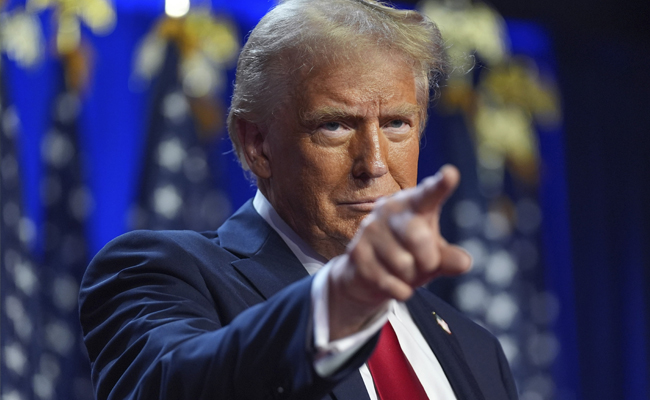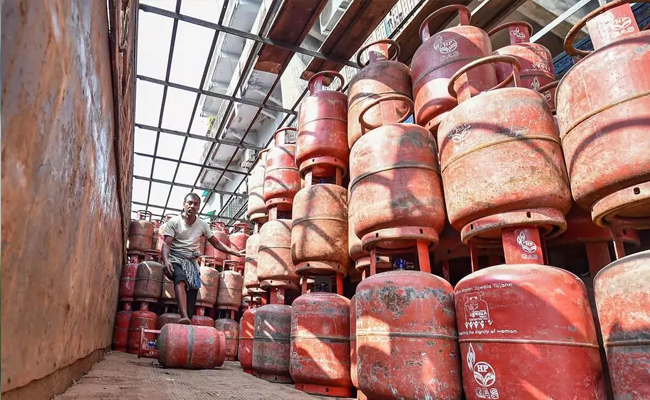Attorneys general from 22 states have filed a lawsuit challenging former President Donald Trump’s executive order aimed at ending birthright citizenship, a policy that grants citizenship to all individuals born on U.S. soil, regardless of their parents' immigration status. The order, issued Monday, has sparked significant debate and is expected to lead to a prolonged legal battle.
Birthright citizenship, protected under the 14th Amendment, has been a cornerstone of U.S. immigration policy since its ratification in 1868. The amendment states, “All persons born or naturalized in the United States and subject to the jurisdiction thereof, are citizens of the United States and of the State wherein they reside.” Trump’s order, however, seeks to reinterpret this provision, excluding children born to individuals in the U.S. illegally or temporarily and those whose fathers are non-citizens or lack lawful permanent residency.
The order is set to take effect on February 19, prompting 18 states, the District of Columbia, and the city of San Francisco to file suit in federal court. Critics argue that the executive order oversteps constitutional bounds and undermines settled law.
New Jersey Attorney General Matt Platkin emphasized that presidential authority is not absolute. "The president cannot, with a stroke of a pen, erase the 14th Amendment," Platkin said. Connecticut Attorney General William Tong, who is a birthright citizen, called the lawsuit deeply personal, stating, “This is about protecting the fundamental rights enshrined in our Constitution.”
The Trump administration has defended the order, dismissing the lawsuit as “an extension of the Left’s resistance.” The White House insists that the current interpretation of birthright citizenship requires reform to address immigration challenges.
Immigration advocates and legal experts warn that the order could destabilize long-established citizenship rights, particularly for children born to undocumented or temporary residents. Gladys Vega, President of La Colaborativa, criticized the move during a press conference, describing it as a direct attack on constitutional protections.
Let the Truth be known. If you read VB and like VB, please be a VB Supporter and Help us deliver the Truth to one and all.
Thane (PTI): A 45-year-old man was killed, and his wife and son were injured when a portion of plaster from the ceiling collapsed in their flat in a seven-storey building in Thane on Saturday, officials said.
Chief of the Regional Disaster Management Cell, Yasin Tadvi, said the 16-year-old building is not listed in the "dangerous" category.
"The incident occurred in Karumdev Society at about 3 am. The plaster of the hall in a flat on the terrace floor suddenly fell while the occupants were asleep", he said.
Of the four people who were inside the room, two suffered minor injuries and were discharged after primary treatment, Tadvi stated.
The injured persons were identified as Arpita More (42), who suffered minor head injuries, and her son Arush More (16), who sustained injuries to both legs.
Manoj More (45), who sustained chest injuries, died during treatment at a private hospital.





